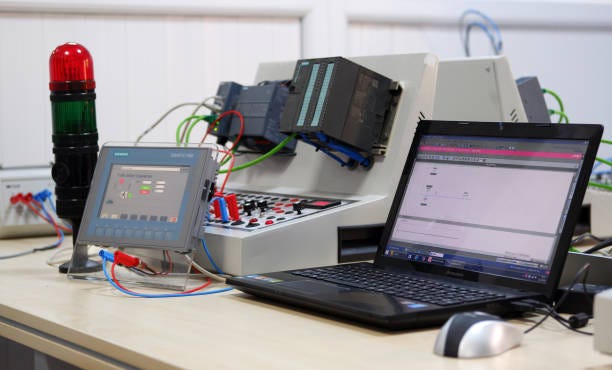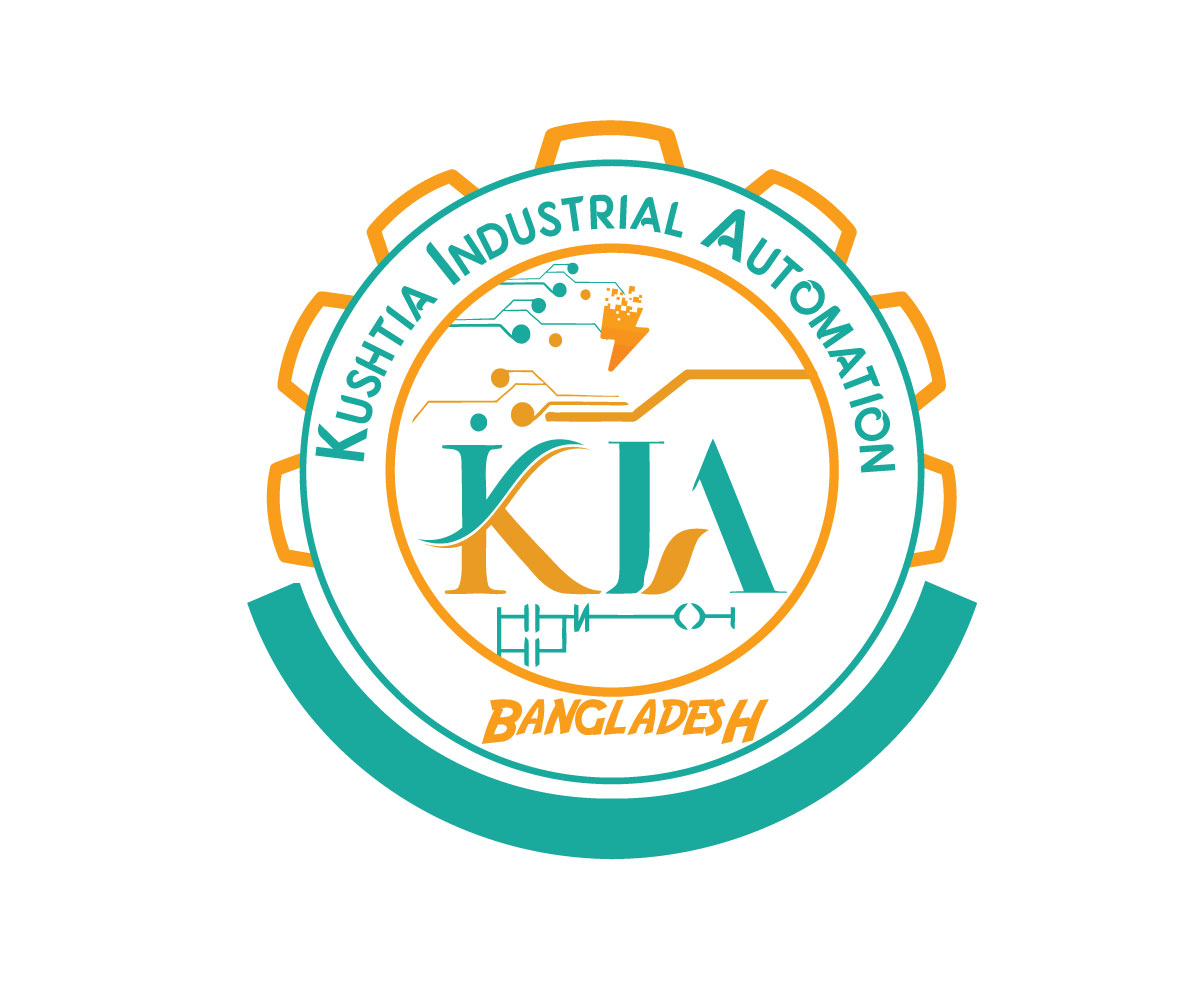SCADA Training Course
The SCADA (Supervisory Control and Data Acquisition) Training Course offered by Kushtia Industrial Automation is designed to provide participants with comprehensive knowledge and practical skills in implementing, configuring, and troubleshooting SCADA systems for industrial automation applications. This course is essential for individuals seeking to enhance their proficiency in real-time monitoring, control, and data acquisition of industrial processes.

Course Overview:
The SCADA Training Course covers a wide range of topics to equip participants with the skills necessary to design, deploy, and maintain SCADA systems effectively. The course curriculum includes:
Introduction to SCADA Systems:: Participants will gain an understanding of the principles of SCADA systems, their architecture, and their role in industrial automation. Topics include SCADA components, communication protocols, and data acquisition techniques.
SCADA Software Overview: This module provides an overview of popular SCADA software platforms used in the industry, such as Siemens WinCC, Rockwell FactoryTalk View, and Wonderware InTouch. Participants will learn how to navigate the software interface and perform basic tasks.
SCADA System Design and Configuration: Participants will learn best practices for designing and configuring SCADA systems for specific industrial applications. Topics include creating data acquisition points, designing graphical user interfaces (GUIs), and configuring alarms and events.
Real-Time Data Acquisition: This module covers techniques for acquiring real-time data from industrial processes using SCADA systems. Participants will learn how to configure data acquisition points, establish communication with field devices, and
implement data logging and historization.
SCADA System Security: Participants will learn about cybersecurity principles and best practices for securing SCADA systems against cyber threats and unauthorized access. Topics include access control, data encryption, and network segmentation.
SCADA System Troubleshooting: Participants will develop troubleshooting skills to diagnose and resolve common SCADA-related issues. Topics include communication errors, database corruption, and hardware/software faults.
Integration with PLCs and HMIs: This module covers the integration of SCADA systems with programmable logic controllers (PLCs) and human-machine interfaces (HMIs) to create comprehensive automation solutions. Topics include tag mapping,
data exchange, and visualization.
Course Format:
The SCADA Training Course combines theoretical lectures with hands-on practical exercises using industry-standard SCADA software platforms and simulated industrial environments. Participants will have the opportunity to design, configure, and test
SCADA systems to reinforce learning.
Who Should Attend:
This course is suitable for engineers, technicians, and professionals involved in industrial automation, control systems, and SCADA implementation. It is also beneficial for students and graduates seeking to pursue a career in SCADA engineering
and implementation.
Prerequisites:
Participants are expected to have a basic understanding of industrial automation concepts and familiarity with PLCs, HMIs, and communication protocols. Prior experience with SCADA software platforms is recommended but not required.
Certification:
Upon successful completion of the SCADA Training Course, participants will receive a certificate of completion from Kushtia Industrial Automation, recognizing their proficiency in SCADA system design, implementation, and troubleshooting.
If the course duration is 3 months with a total of 36 classes, it suggests that classes would be held regularly, likely on a weekly basis, with each class lasting approximately 2 to 3 hours.
This setup allows for comprehensive coverage of course materials and concepts over the span of three months, ensuring that students have ample time to absorb information, participate in practical exercises, and engage with instructors.
During this period, students can expect a structured curriculum that progresses logically from foundational concepts to more advanced topics, with opportunities for hands-on practice and reinforcement of learning objectives. Additionally, assignments, projects, or assessments may be integrated throughout the course to evaluate student progress and understanding.
Overall, the 3-month duration with 36 classes provides a balanced and effective learning experience that prepares students for success in the field of industrial automation.
